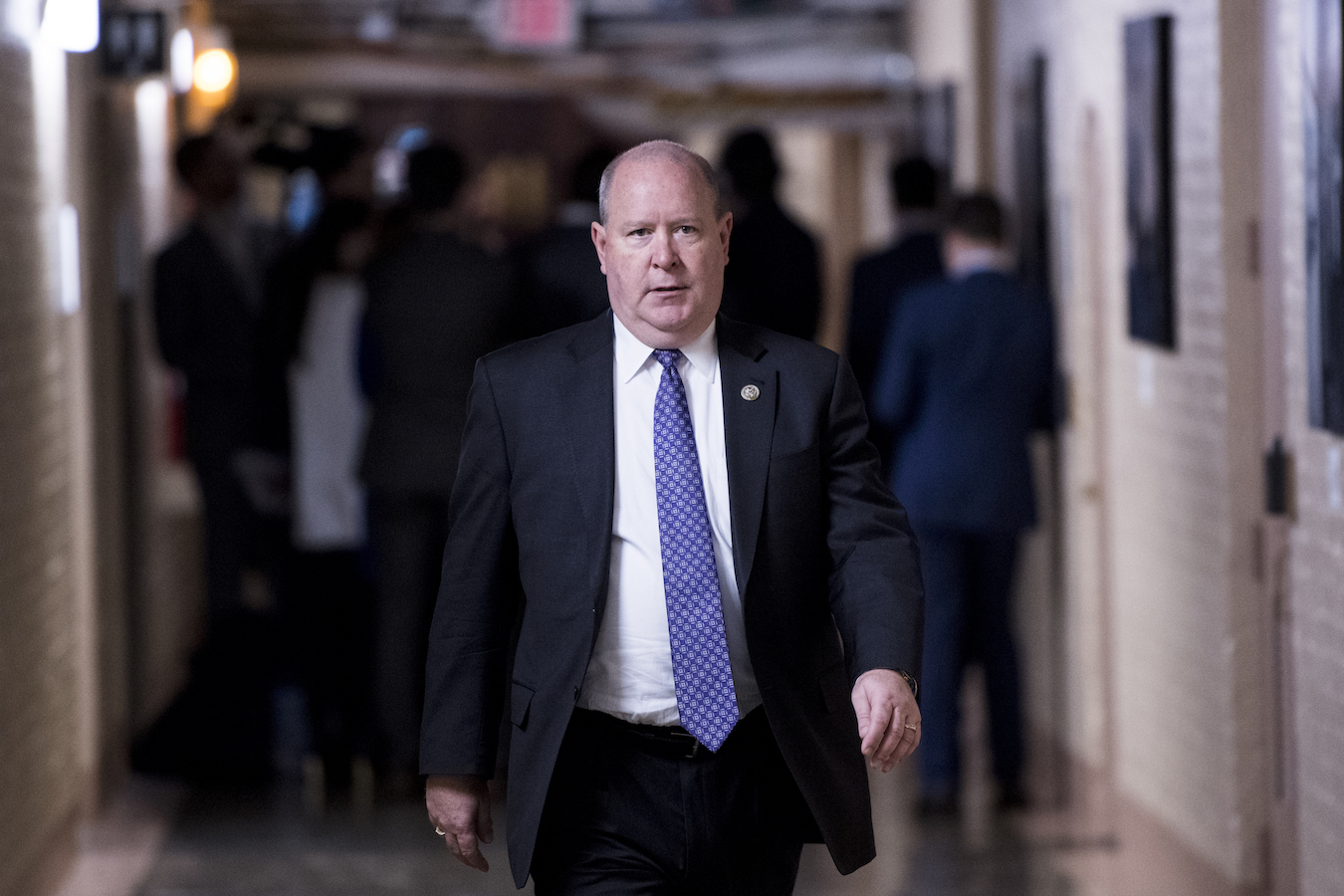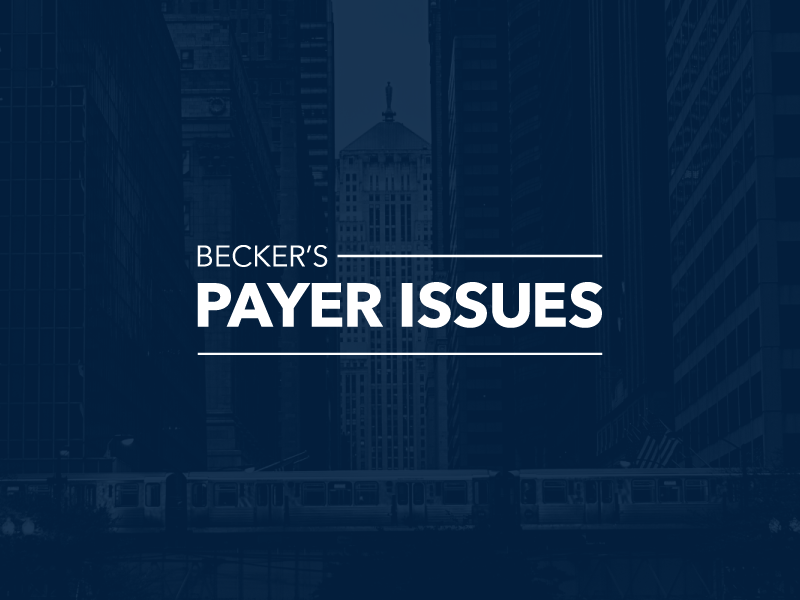The American Society of Anesthesiologists issued a statement condemning BlueCross BlueShield of North Carolina's alleged abuse of the No Surprises Act to

www.beckershospitalreview.com
“
Nick Moran - Monday, November 22nd, 2021
Print |
Email
The American Society of Anesthesiologists issued a statement condemning BlueCross BlueShield of North Carolina's alleged abuse of the No Surprises Act to "strongarm" clinicians and practices into network agreements.
The payer sent letters to anesthesiologists and other physicians demanding an immediate 10 to 30 percent rate reduction to accommodate the No Surprises Act rollout in 2022, according to a Nov. 22 news release from the advocacy group shared with
Becker's.
"Instead of expanding in-network access for patients, BlueCross BlueShield of North Carolina has demonstrated what we explained to Congress and the rule-making agencies would happen: Insurance companies will use their overwhelming market power and the No Surprises Act's flawed rules to push more physicians out of insurance networks and fatten their own bottom line," said Randall Clark, MD, president of the American Society of Anesthesiologists.
"Insurance companies are threatening the ability of anesthesiologists to fully staff hospitals and other health care facilities," he said. "Left unchecked, actions like these of BlueCross BlueShield of North Carolina will ultimately compromise timely access to care for patients across the country."
A BlueCross BlueShield of North Carolina spokesperson told
Becker's that specialists in the state, including anesthesiologists, can charge upward of 500 percent more than what they charge Medicare patients.
"As a result, Blue Cross and Blue Shield of North Carolina ... sent letters to 54 of the most expensive provider practices in the state," the spokesperson told
Becker's. "This is a small percent of the thousands of contracts we have with providers and hospitals across the state who have agreed to negotiate more reasonable rates."
"Blue Cross NC is pleased Congress took steps to protect patients from unfair and costly surprise medical bills, and we appreciate the opportunity to take patients out of the middle and negotiate directly with the most expensive for-profit providers," they said.”




